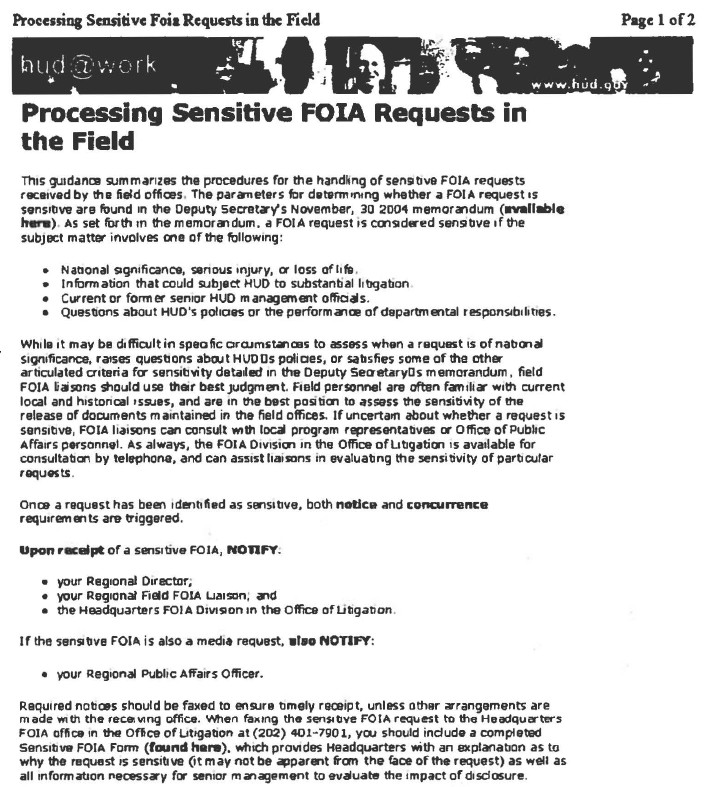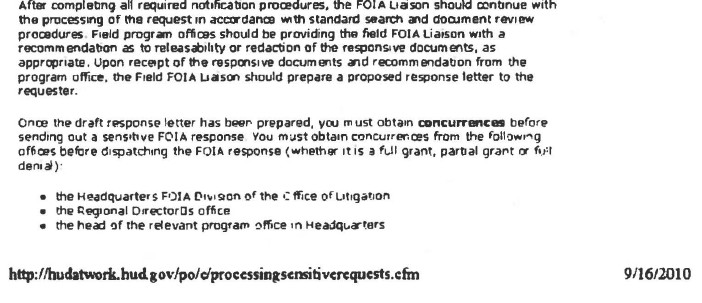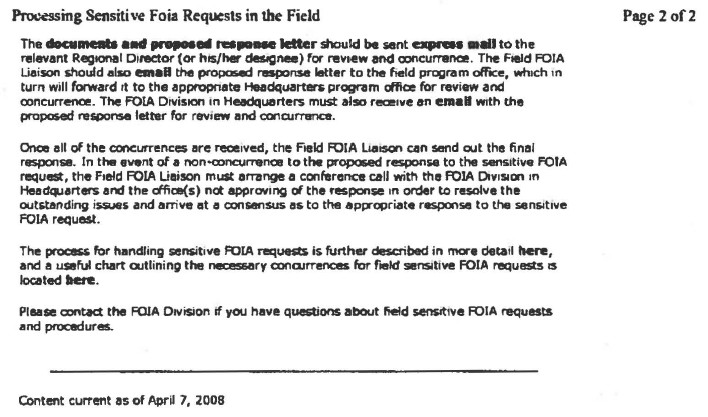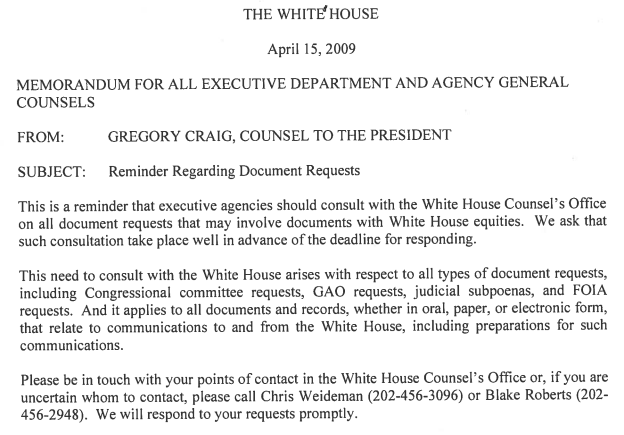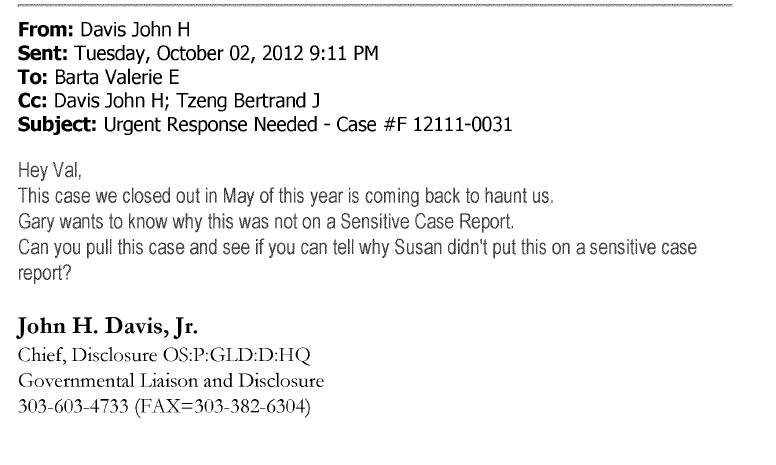McAuliffe’s GreenTech company bypassed state law in acquiring land, failed to produce a single car
Reporter
10:47 PM 07/31/2013
Virginia candidate for governor Terry McAuliffe bypassed state law to acquire land for his “green car” factory in Mississippi and invited President Obama to attend an event for the company that subsequently bogged down in a wide-ranging scandal.
Documents obtained by Cause of Action through a Freedom of Information Act request indicate Obama considered attending the rollout of GreenTech Automotive’s first electric car. McAuliffe was the chairman of the company, but quietly resigned in December 2012.
GreenTech is currently embroiled in a scandal over the company’s EB-5 visas. (RELATED: Virginia lawmakers pressure McAuliffe over GreenTech scandal) The Washington Free Beacon recently reported there is no evidence GreenTech has produced any cars, green or otherwise.
“GreenTech Automotive, a Chinese-funded EB-5 project, is rolling out its first electric car at their pilot plant in Horn Lake, Mississippi… President Bill Clinton’s attendance has been confirmed by GreenTech, whose brother-in-law Tony Rodham is President & CEO of the EB-5 regional center Gulf Coast Funds Management, LLC which facilitated the project. President Obama has been invited and there is a chance that he will attend,” according to an April 2012 memo the Mississippi Development Authority sent to Mississippi governor Phil Bryant.
The event took place in July 2012, with Bill Clinton in attendance.
But the company bypassed Mississippi’s legal process in buying up land for the factory in 2011.
The Tunica County Economic Development Foundation, a group in Mississippi headed by Tunica County Chamber of Commerce president and CEO Lyn Arnold, worked out a strategy to secure land for GreenTech without going through the proper legal approval process.
“The county is preparing to purchase the 100 acres for GTA and close by 9/9/2011,” Arnold wrote in a September 1, 2011 email providing “an update on GTA from the Tunica perspective.”
“The land will actually become the property of the Tunica County Economic Development Foundation (my organization). GTA will have full use of the land even to the point of pledging the land for additional financing. Once the facility is constructed and employment reaches 350, the land will be fully transferred to GTA. The only way the deal is structured this way is without special legislation, this is the only legal way a county can provide land to benefit a private company,” Arnold wrote.
“I have been speaking with Charlie regularly, mostly about the EB-5 applications and getting those approved by US Customs and Immigration. USCIS has stalled us at every opportunity, but along with Senator Wicker’s office and Congressman Thompson’s office, we are hopefully moving those approvals along,” Arnold wrote.
Sec. 31-7-13 of the Mississippi Code requires a strict bidding procedure for land purchases over $15,000, mandating a published notice of the sale and requiring competition for a winning bid. As Arnold’s email demonstrates, GreenTech obtained the land from the Tunica County Economic Development Foundation without making a competitive bid.
McAuliffe’s GreenTech scandal is gaining heat as the Virginia gubernatorial race progresses.
U.S. Citizenship and Immigration Services (USCIS) director Alejandro Mayorkas is currently under federal investigation for helping an investor in Gulf Coast Funds Management, run by Hillary Clinton’s brother Anthony “Tony” Rodham, receive an EB-5 visa, which grants conditional permanent residence to foreign nationals who invest significant amounts of money in the United States. The investor’s application had already been denied by the time Mayorkas became involved, and an appeal had already been shot down.
Mayorkas acknowledged that he met with McAuliffe, a business partner of Rodham, to generally discuss the USCIS visa application process, which McAuliffe complained was too slow.
“I was asked to attend a meeting with Mr. McAuliffe so that I could hear in person his complaints… I heard those complaints, and that was the extent of the interaction,” Mayorkas said.
Gulf Coast Funds Management handles EB-5 visas for investors in GreenTech Automotive, of which McAuliffe is chairman. GreenTech reportedly relies on EB-5 visas for its investors.
McAuliffe and Rodham took a fishing trip together in April 2013 to celebrate the launch of GreenTech’s MyCar electric vehicle, where they were photographed together.
The McAuliffe campaign, Gulf Coast Funds Management and Lyn Arnold did not return requests for comment.
